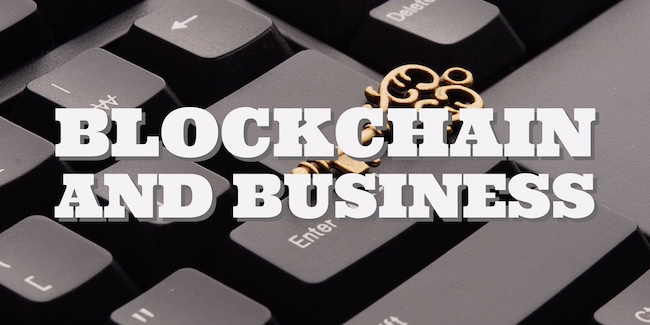The year closed out with a wild ride for Bitcoin. The cryptocurrency surged to $20,000 and then fell by about 40% before rebounding to some degree.
But Bitcoin isn’t the be all and end all of blockchain technology. Indeed, blockchain payments are seeing more interest. So, as a new year gets underway, what can we expect from blockchain payments?
Table of Contents
ToggleBitcoin Unlikely to Remain the Main Platform for Blockchain Payments
While Bitcoin received a lot of praise for the way it allows for payments without worry about foreign fees and currency exchange rates, it’s starting to fall out of favor.
Transaction costs continue to rise. In some cases, they are on par with credit card payment processing fees. Additionally, transaction times are getting longer. The limited size of the blocks contributes to the longer times and that has some users frustrated.
In 2018, you can expect blockchain payments move away from Bitcoin and make use of other cryptocurrencies. Cryptocurrencies like Dash, Litecoin, and even Bitcoin Cash are gaining in popularity. They offer faster transaction times and lower costs.
There’s a good chance that Bitcoin will be seen more as a commodity or store of value and less as a payment medium in the coming months.
More Cross-Border Payments for Mainstream Users
Right now, blockchain technology is mostly used by a few entrepreneurs and early adopters. However, in 2018 blockchain payments for cross-border payments might go mainstream. Companies like IBM are looking into using blockchain technology to send payments across borders.
And it’s not just about sending cryptocurrency payments, either. IBM is looking into platforms that allow blockchain payments of mainstream fiat currencies instantly. This would cut down on the time it takes to set up and send wire transfers. Additionally, it is likely to be cheaper than sending wire transfers and using other methods of cross-border payments.
In this case, it’s more about the technology associated with the blockchain than it is about using cryptocurrencies.
More Banks Get Into the Game
While some banks might still be skeptical of Bitcoin, many are not skeptical of the benefits of blockchain payments.
The financial world is likely to move toward adopting blockchain technology for different purposes — especially payment processing and trading functions. These are the areas where traditional banks are likely to see the most immediate benefit.
Payments and trading can be streamlined with the help of blockchain platforms and applications. Some banks might even be interested from a standpoint of making sure they have their own platforms to utilize.
There are already consortiums of banks in Europe looking at using blockchain for transactions, and entities in Asia are also jumping on board. We are likely to see more U.S. banks get into the game in 2018, looking for ways to use the blockchain to their advantage.
Bottom Line
With the cost of blockchain payments lower, and with the fast processing ability with blockchain, it’s no surprise that different players are looking into the technology. Thanks to lower costs, greater transparency, and lower risks — not to mention the faster processing — it’s likely to be another good year for blockchain.















